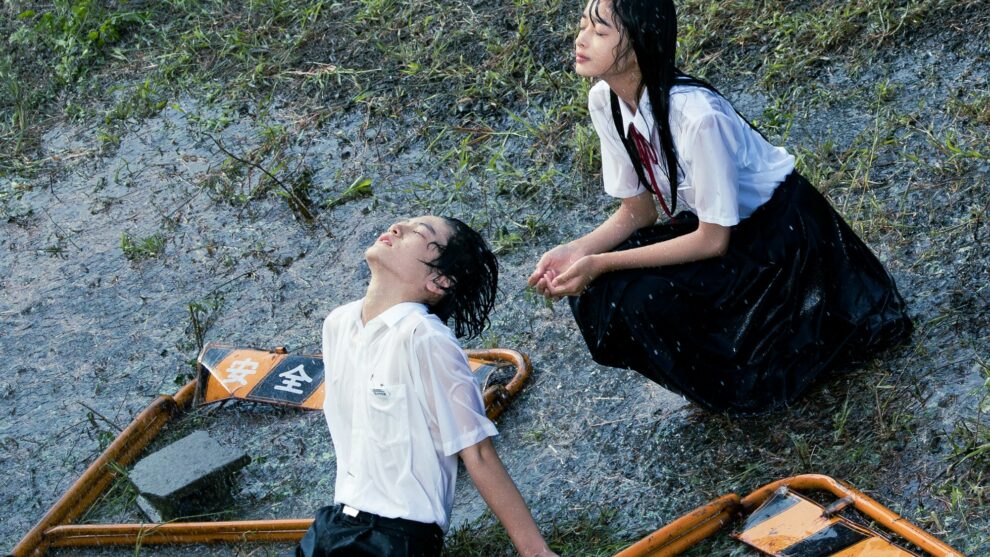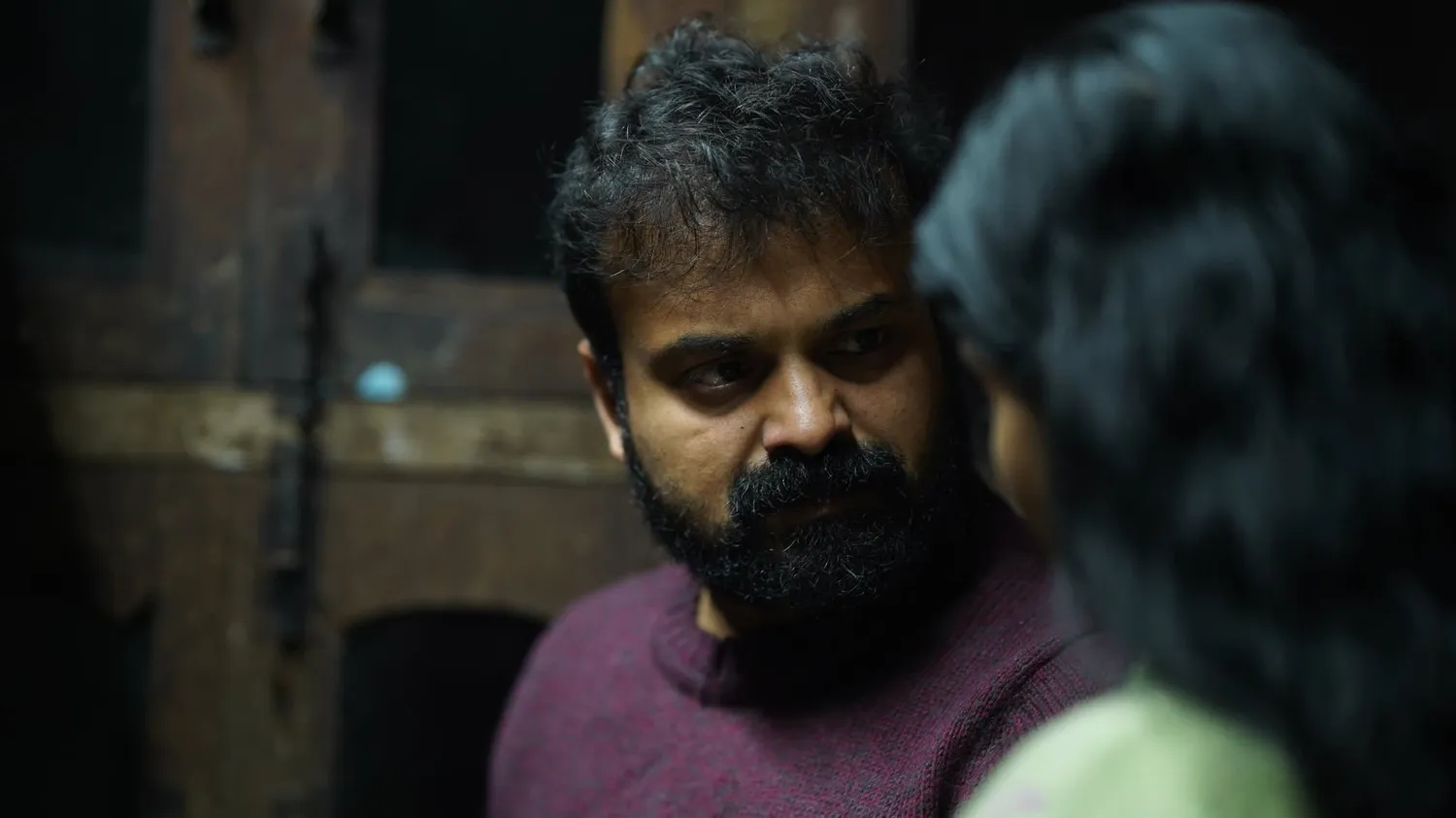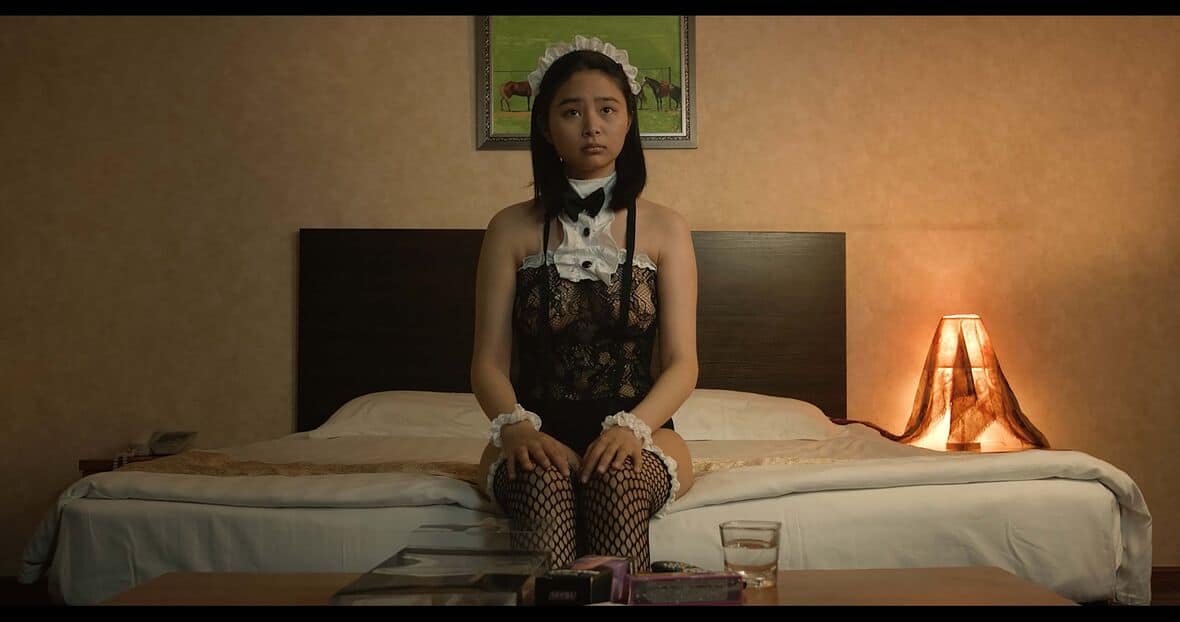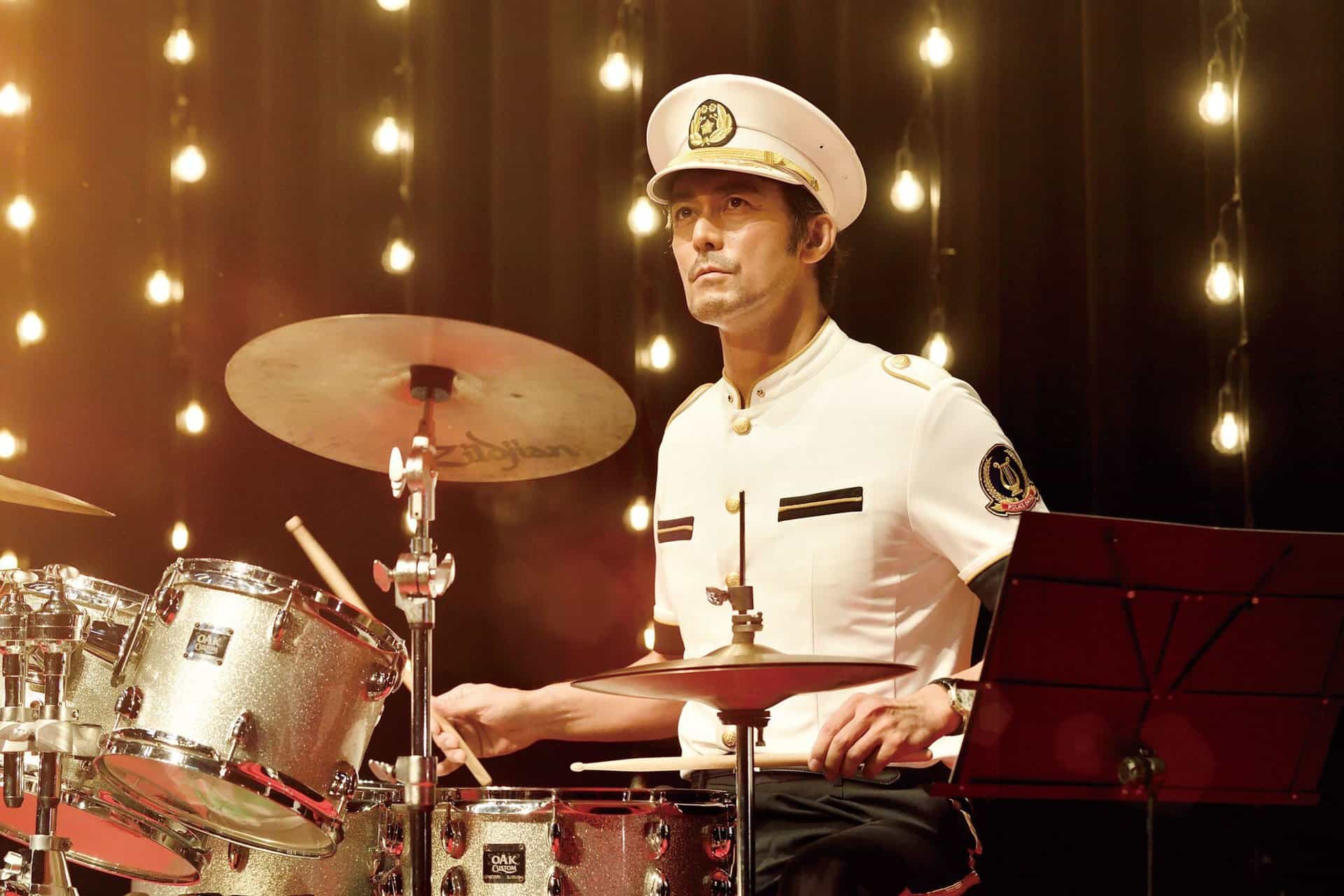Considering that the Japanese industry produces around 600 movies every year, it is by no surprise that there are enough titles of quality to go around, as the plethora of Japanese-specific festivals around the world highlights. Toronto Japanese Film Festival highlights the fact with a very interesting collection of both known titles and ‘hidden gems”, which showcase the variety of the country's cinema. From this year's selection, Eiji Uchida's latest endeavor, “Matched”, Yoshiyuki Kishi's “(Ab)normal Desire” and “Stay Mum” were the ones that stand out.
Check our whole coverage in the list and click on the titles to read the full reviews.

1. All the Long Nights (2024) by Sho Miyake
2. Matched (2024) by Eiji Uchida
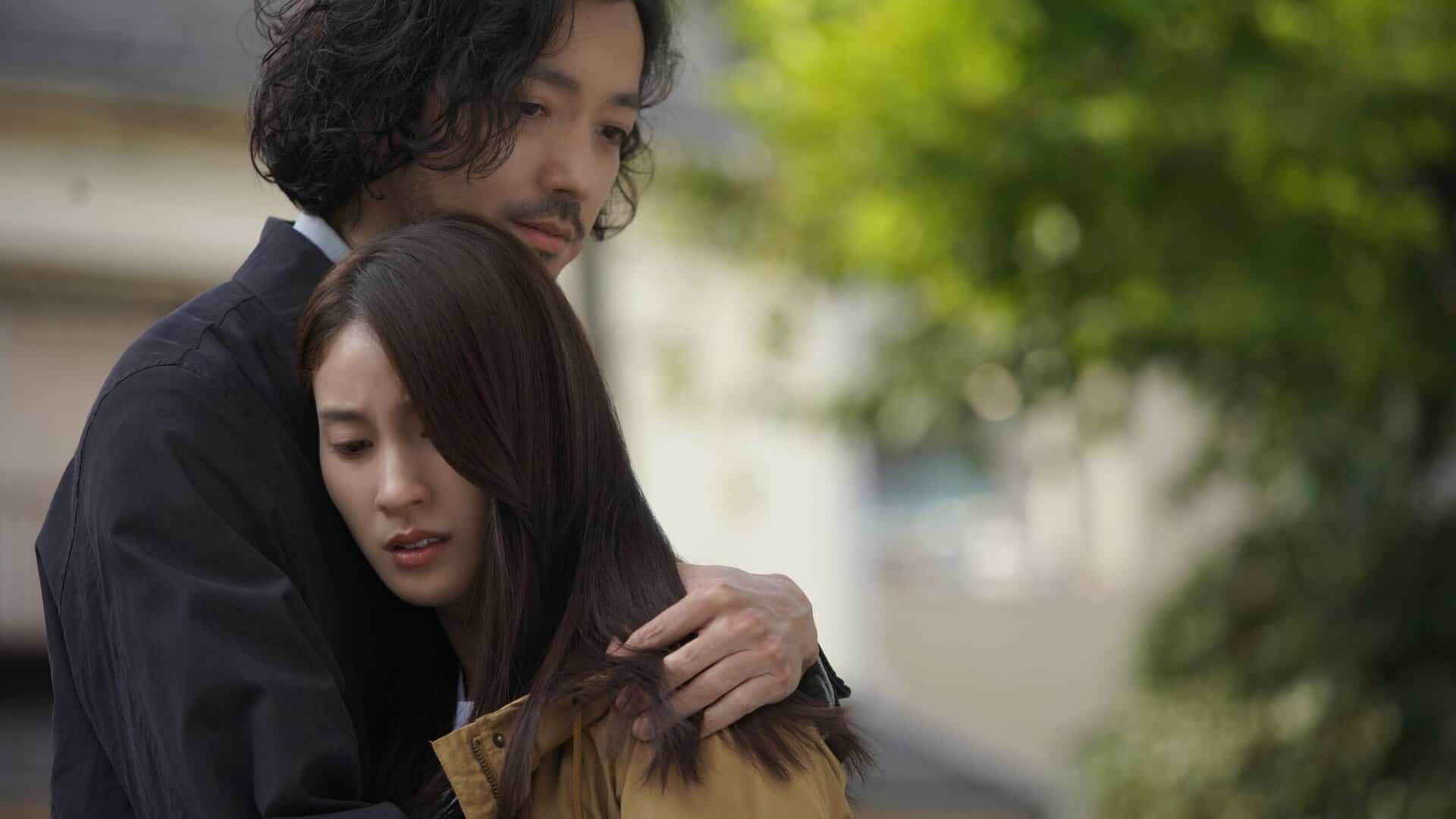
Furthermore, what is going to happen is clear from a mile away, with the twist being as cliched as it could be. However, and the however is quite big here, the way the story ends compensates for everything that happened before, to the point that even mentioning anything would do great injustice to the movie. Let me just say that you will not believe what is happening, with Uchida taking on the most common issues of Japanese films, not knowing where to end, and turning it over its head in the most astonishing fashion. Probably the ending was what was written first with the rest of the story being there just to lead to that, but the way the whole thing ends definitely works. Particularly if one takes the film not utterly seriously, as a realistic story, but as a modern fairy tale concluding in the most impactfully horrific fashion. (Panos Kotzathanasis)
3. Revolver Lily (2023) by Isao Yukisada

Isao Yukisada directs a film that shares many similarities with Kim Jee-woon's works, particularly “Age of Shadows”. In that fashion, the eye candy approach is dominant here, with many impressive set pieces, the costumes, hair and make-up, the coloring and the SFX being all top notch. Keisuke Imamura's cinematography captures everything with artistry, cementing the prowess in that regard. Add to that that Haruka Ayase as Yuri looks sexy and dangerous, Hiroki Hasegawa as Yoshiaki appealingly noble, and Kavka Shishido and Kotone Furukawa (who seems to be everywhere lately) following the same path as Ayase, and you have a movie that is pleasant to the eye on a number of levels. (Panos Kotzathanasis)
4. Kanasando (2024) by Toshiyuki Teruya
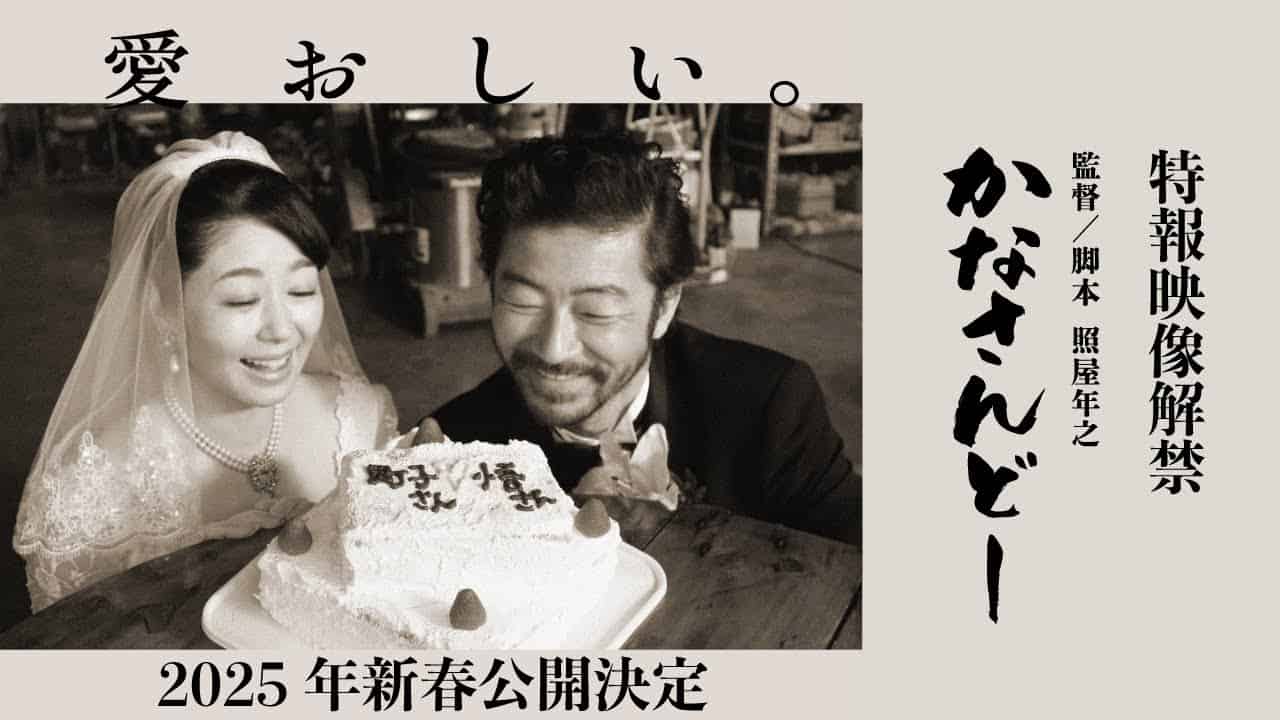
“Kanasando” is an oddly frustrating movie to discuss. Toshiyuki Teruya is talented, and the plot, on paper, is quite heartwarming, especially in its intended humane approach to family reconciliation and redemption from past mistakes. Yet, the big thing truly holding this feature back from the landing is the writing. How it approaches concepts like redemption and reconciliation following a dysfunctional family is portrayed so hollowly that it feels artificial. This issue of stilted execution, unfortunately, rubs off onto the characters as well, who are not particularly engaging people to follow and are sometimes downright unlikable or annoying. Flawed people in a story are not automatically a detriment, as a great character can still be one who is not exactly sympathetic. Yet, this movie is not particularly well-written, so they end up not having much to latch on to, which dampens the picture's intended drama. Additionally, any attempts at humor, more often than not, don't garner a laugh. (Sean Barry)
5. Last Bloom (2023) by Takahisa Zeze
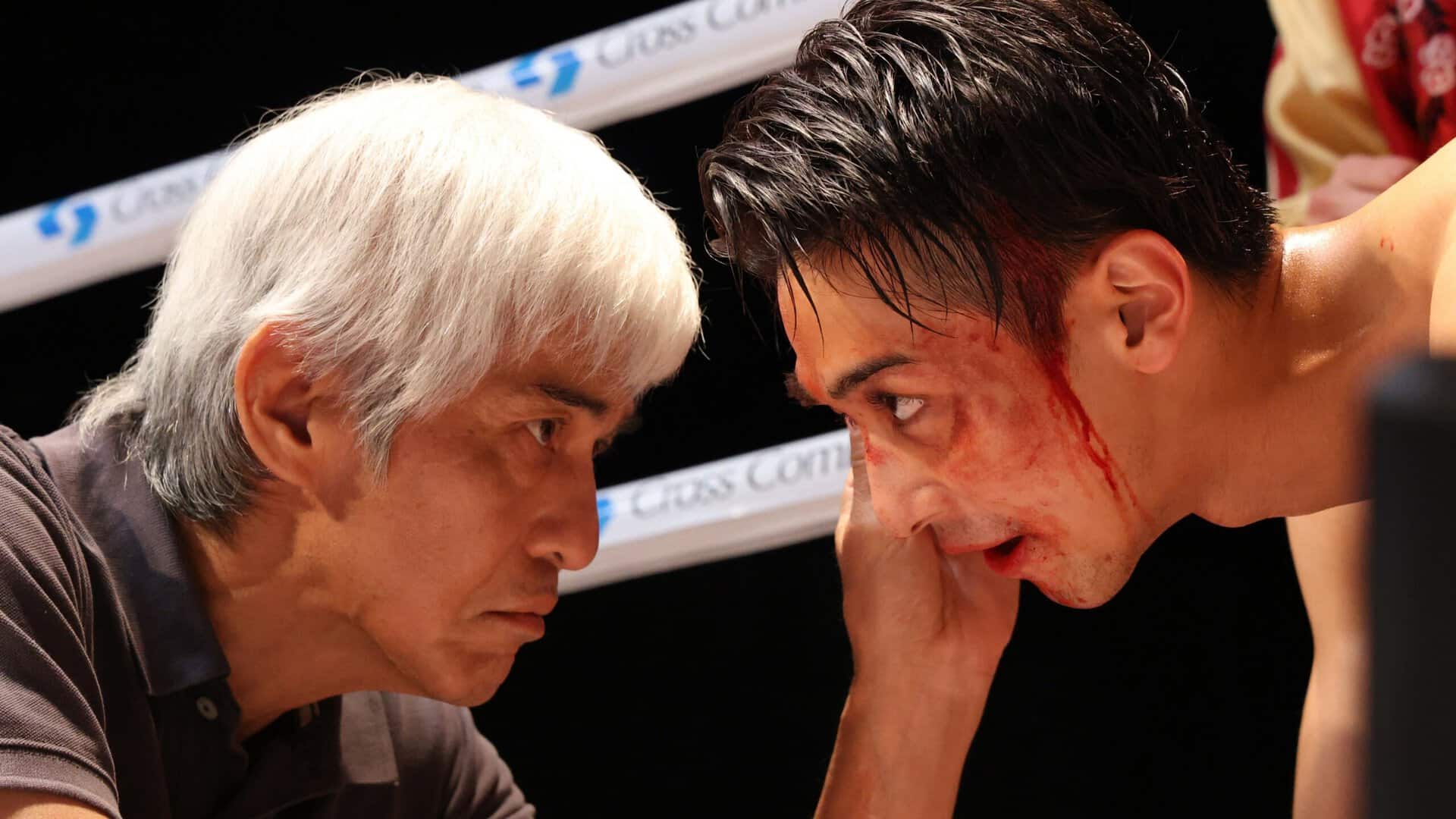
At the same time though, what both the aforementioned titles have in their finale (Rocky in the first installment) is an uncertainty about whether the protagonist will win at the end. This lack of certainty works excellently for a movie that could easily have the protagonist lose and then follow a more dramatic path, in a style we have seen in Toshiaki Toyoda's “Unchain” for example. I feel that this element, and the appeal of the underdog that fights against all odds of course, makes the particular recipe quite successful, even today, and even to the viewer that has witnessed it time and time again. (Panos Kotzathanasis)
6. Life is Climbing (2023) by Sokichi Nakahara

Koba, likewise, entrusts Naoya with his life and follows his every word, openly admitting that the feeling of giving himself wholly over to Naoya in these moments is a liberating feeling. It is, therefore, a portrait of the relationship between the two, their closeness and love for one another. While other teams use microphones and headsets for communication, Naoya runs chaotically around the floor shouting instructions through a cone. Theirs is a unique charm. (Andrew Thayne)
7. (Ab)normal Desire (2023) by Yoshiyuki Kishi
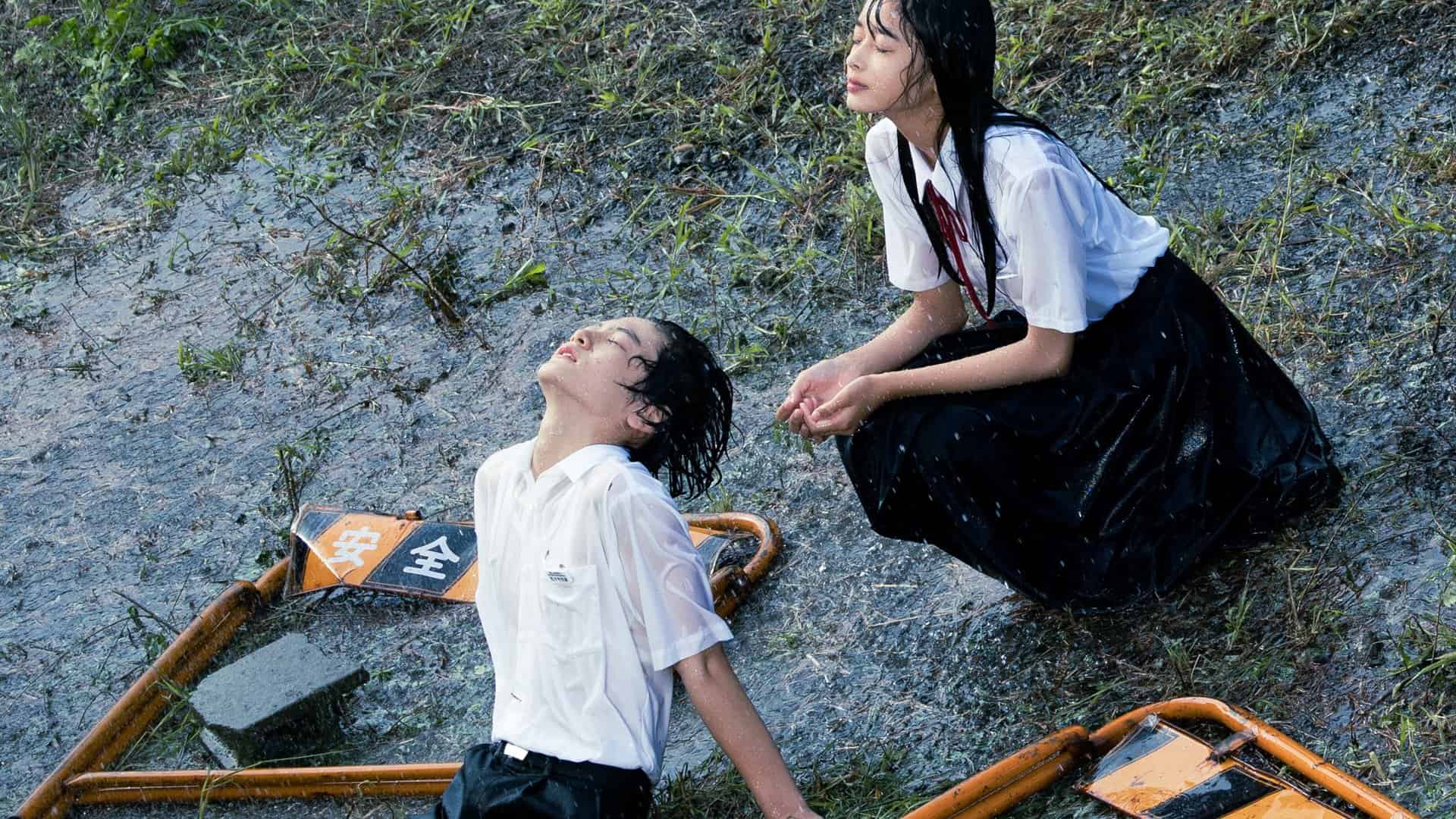
In a style Japanese cinema has always thrived, as films like “Rage” and “Noise” eloquently highlight, Yoshiyuki Kishi implements a number of arcs that eventually come together, in order to make his comment as wide and diverse as possible. His effort to show that being different is ok, and that the web can actually help significantly in that regard is quite evident, and his message as eloquent as it is impactful. (Panos Kotzathanasis)
8. Stay Mum (2024) by Kosai Sekine
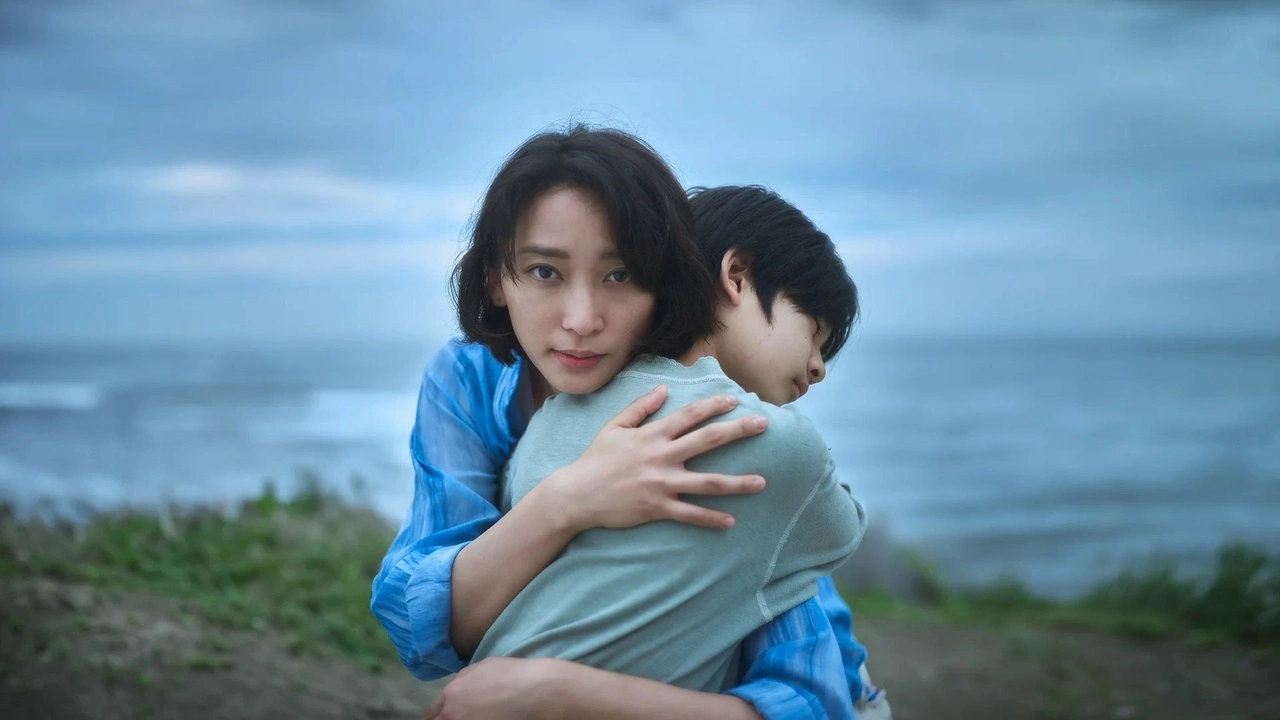
The story for “Stay Mum” has much going on, but it never feels disjointed. A strong script and great direction help it all come together nicely. The film is deliberately paced, taking time to introduce the characters as the conflicts gradually become established naturally. Withal themes drive this movie. For one, it is a family drama about people coming together to love and support one another. Yet, this is also a story about healing, including recovering from trauma, acceptance of the past, and reconciliation with a family member who has done damage. Chisako Satoya embodies these themes, for she's a productive writer yet is haunted by the death of her son, Jun, and the psychological damage inflicted by her father. (Sean Barry)
9. 52-Hertz Whales (2024) by Izuru Narashima
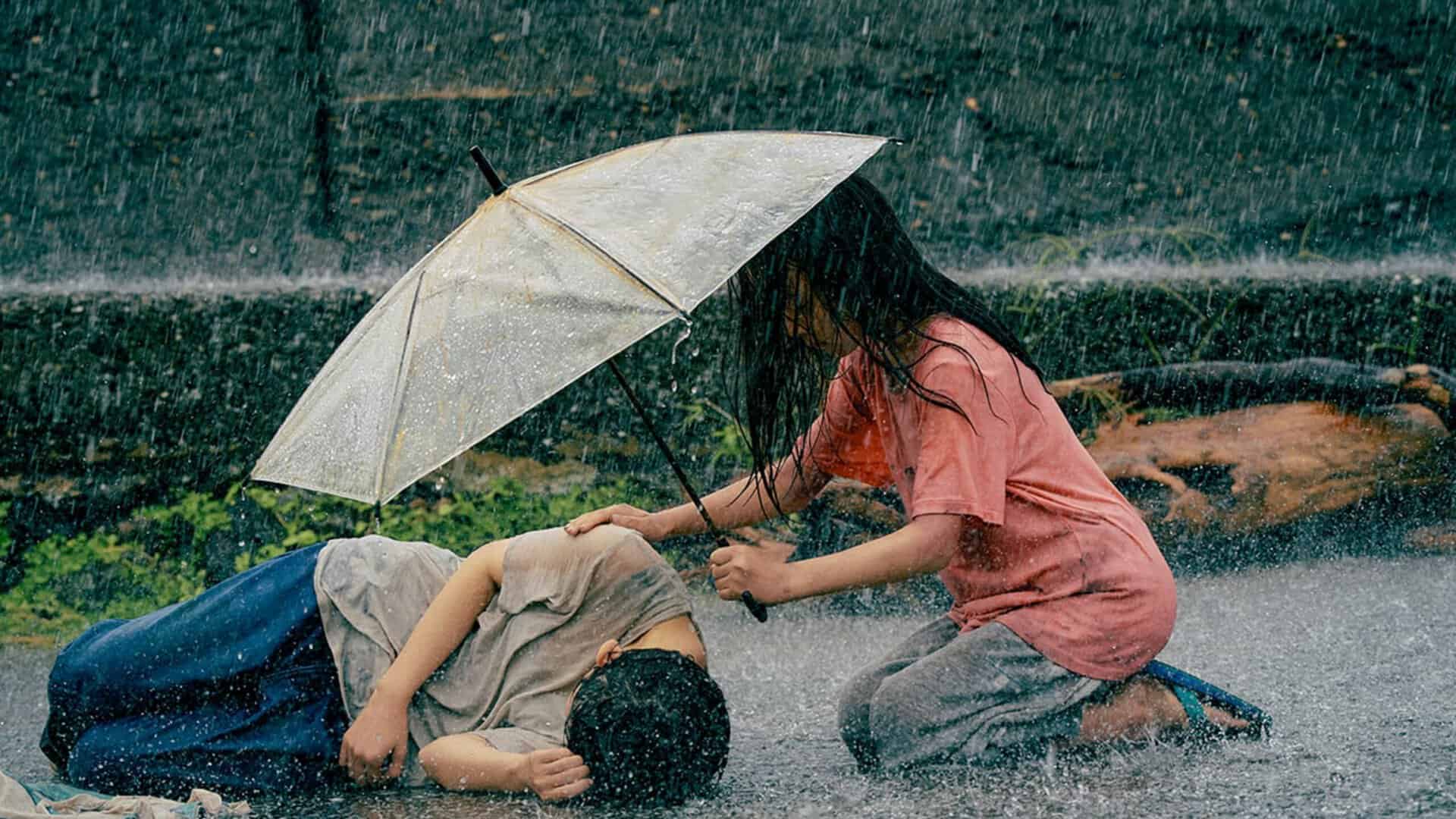
The first thing that becomes evident here, and more and more actually as the film progresses, is that the story is great. It is not just the reasons Kiko ended up in Oita connected with the abused boy, but her whole past and the people that surrounded her that are equally intriguing. The abusive mother, the friends who help her in all their power, the antagonism between Ango and Chikara and the way it affected both them and Kiko, and the story of the boy she finds in Oita, are all filled with twists and revelations, essentially retaining interest from beginning to almost the end of the movie. The concept of loneliness and how it can be overcome by interacting with others, even if this essentially means finding other people who feel the same, cements the rich context here. (Panos Kotzathanasis)
10. Missing (2024) by Keisuke Yoshida
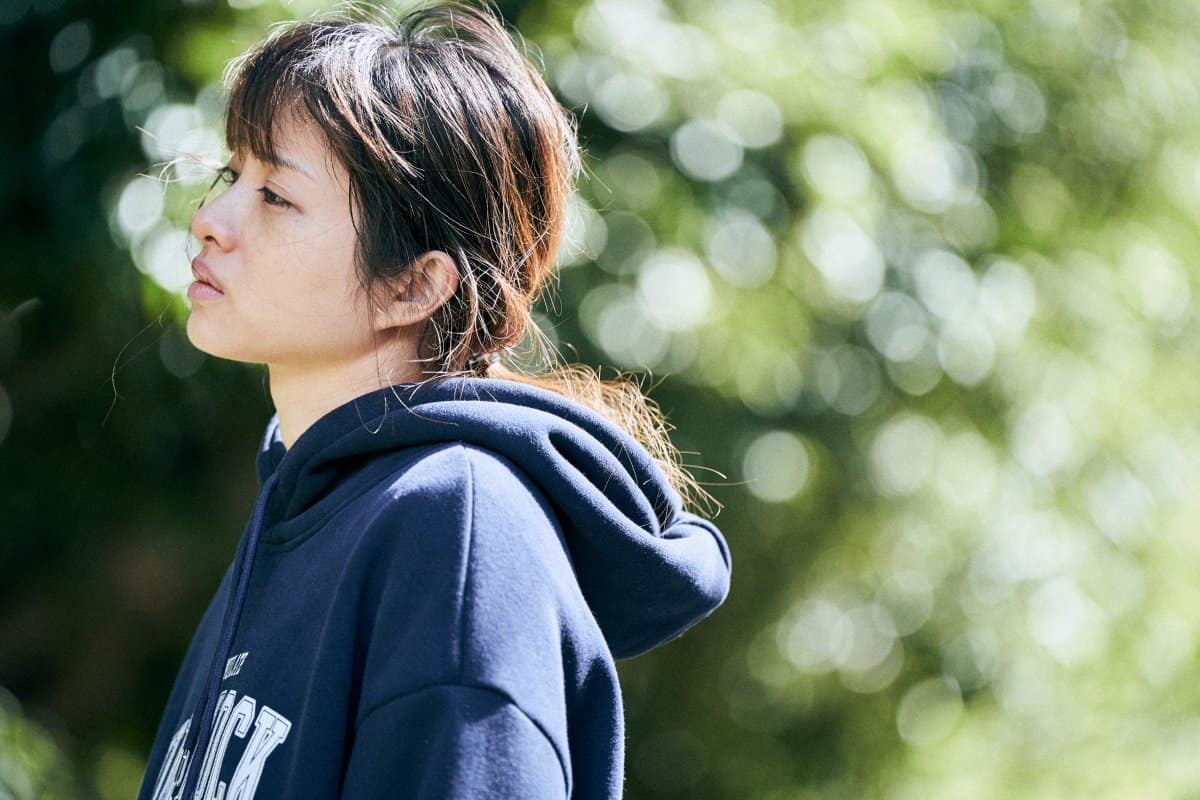
Viewers expecting an intense mystery thriller surrounding a kidnapping may be disappointed, yet an immersive experience is still showcased here. “Missing” isn't a whodunit story but rather a realistic portrayal of grief, despair, and regret. While the subject matter depicted in the script is not exactly original, it's so well-written and directed that it's never detrimental. If anything, it's a story that warrants retelling, as many missing person cases, let alone ones involving children, remain unresolved for years. Yet, more often than not, more efforts are placed on overwhelming speculation surrounding the disappearances rather than actual efforts to locate those individuals, including baseless armchair rumors being spread all over social media as opposed to thorough investigations. (Sean Barry)


